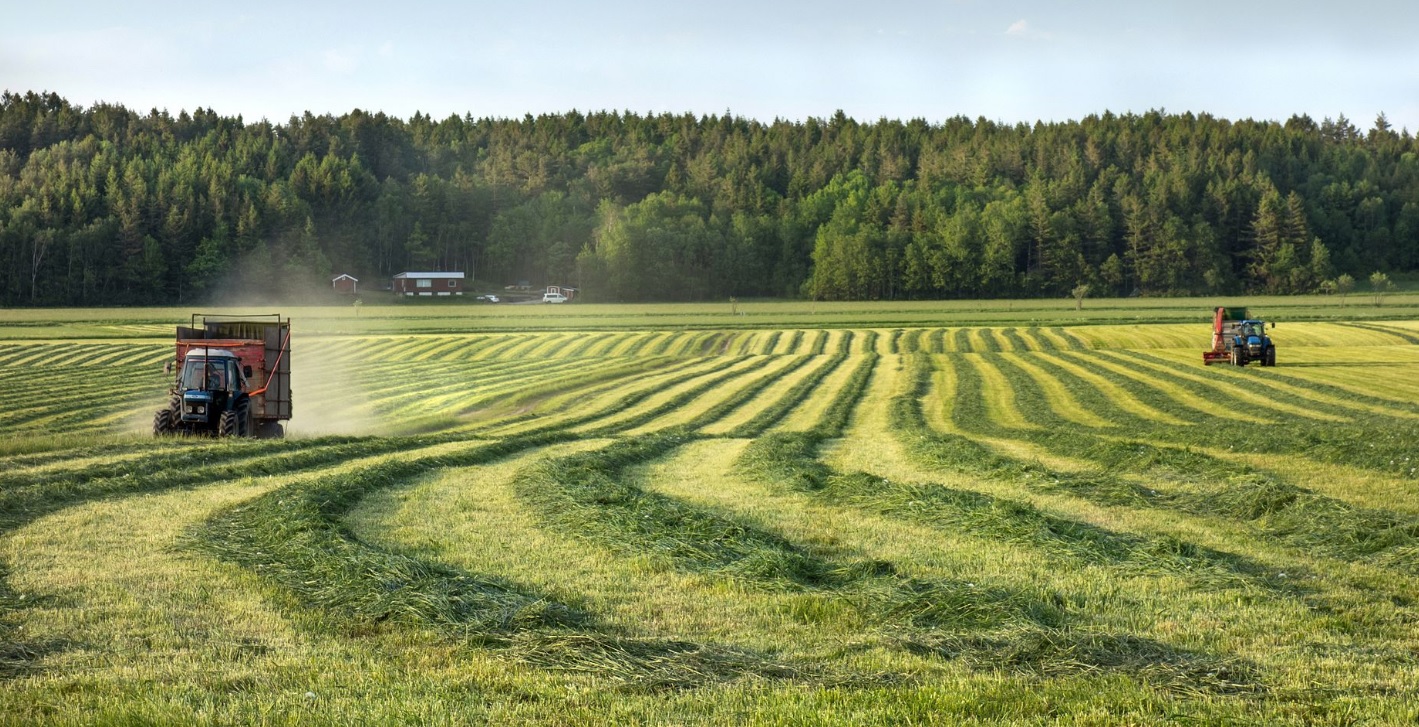Govt announces world partnership to reduce primary sector emissions
Today farming leaders and the Government announced a plan to join forces to develop practical and cost-effective ways to measure and price emissions at the farm level by 2025 so that 100 percent of New Zealand's emissions will be on the path downwards.

- Country:
- New Zealand
The Government and farming sector leaders have agreed to a world-first partnership to reduce primary sector emissions in one of the most significant developments on climate action in New Zealand's history.
Today farming leaders and the Government announced a plan to join forces to develop practical and cost-effective ways to measure and price emissions at the farm level by 2025 so that 100 percent of New Zealand's emissions will be on the path downwards.
The 5-year joint action plan includes:
Improved tools for estimating and benchmarking emissions on farms
Integrated farm plans that include a climate module
Investment in research, development, and commercialization
Increased farm advisory capacity and capability
Incentives for early adopters
Recognition of on-farm mitigation such as small plantings, riparian areas, and natural cover
The Government recognizes partnering with Māori will be critical to the success of this joint action plan.
In addition, Cabinet has also agreed that in 2022 the independent Climate Change Commission will check in on the progress made and if commitments aren't being met, the Government can bring the sector into the ETS at processor level before 2025.
"I'm proud that we have a world-first agreement as part of our plan to tackle the long-term challenge of climate change and we've done that by reaching a historic consensus with our primary sector," Prime Minister Jacinda Ardern said.
"For too long politicians have passed the buck and caused uncertainty for everyone while the need for climate action was clear.
"This plan provides the primary sector with certainty and puts us shoulder-to-shoulder on a path to reduce emissions, with ongoing support to help with the plan such as the $229 million Sustainable Land Use investment.
"This will reduce emissions by giving farmers the autonomy to plan to do so and reward those who do," she said.
"Our decision to put in place a sector-led plan to reduce emissions at the farm gate shows we've listened to farmers," Deputy Prime Minister Winston Peters said.
"We welcome the cooperation of our primary sector organisations who have been advocating for a smooth transition towards meaningful emission reductions," he said.
Major reforms to the ETS have also been announced to make it fit for purpose, with a cap on industrial energy and transport emissions, and forester incentives simplified.
"This will help keep our planet safe for future generations. With the world changing at break-neck speed, these changes will drive us towards a low emissions country," Minister for Climate Change James Shaw said.
"Changes also align the purpose of the ETS with the Zero Carbon Act and the Paris Agreement, so that New Zealand doing its bit to limit global warming to 1.5C," he said.
"Farmers understand that a changing climate affects them and many are already making changes on-farm to meet that challenge and to enhance our reputation for safe and sustainable food production while maintaining our competitiveness in international markets," Minister of Agriculture Damien O'Connor said.
"The agreement with sector leaders shows the value of collaboration and provides certainty for farmers, but the hard work begins now to develop the tools and systems to account for on-farm emissions in 2025.
"The Government will back that with investment in research, extension services and advice for farmers," Damien O'Connor said.
Today's agreement delivers on commitments in the Coalition and Confidence and Supply Agreements and is the latest step in the Government's plan that has seen it take more action on climate change in the past two years than the previous 30 years.
Government’s actions to date on climate change
The Zero Carbon Bill to get us to zero net emissions by 2050
Making clean and electric cars more available
Planting 1 billion trees
Stopped the permitting of new offshore oil and gas exploration
Setting up a $100 million green investment fund
Making renewable energy like wind farms and solar easier to build
(With Inputs from New Zealand Government Press Release)










